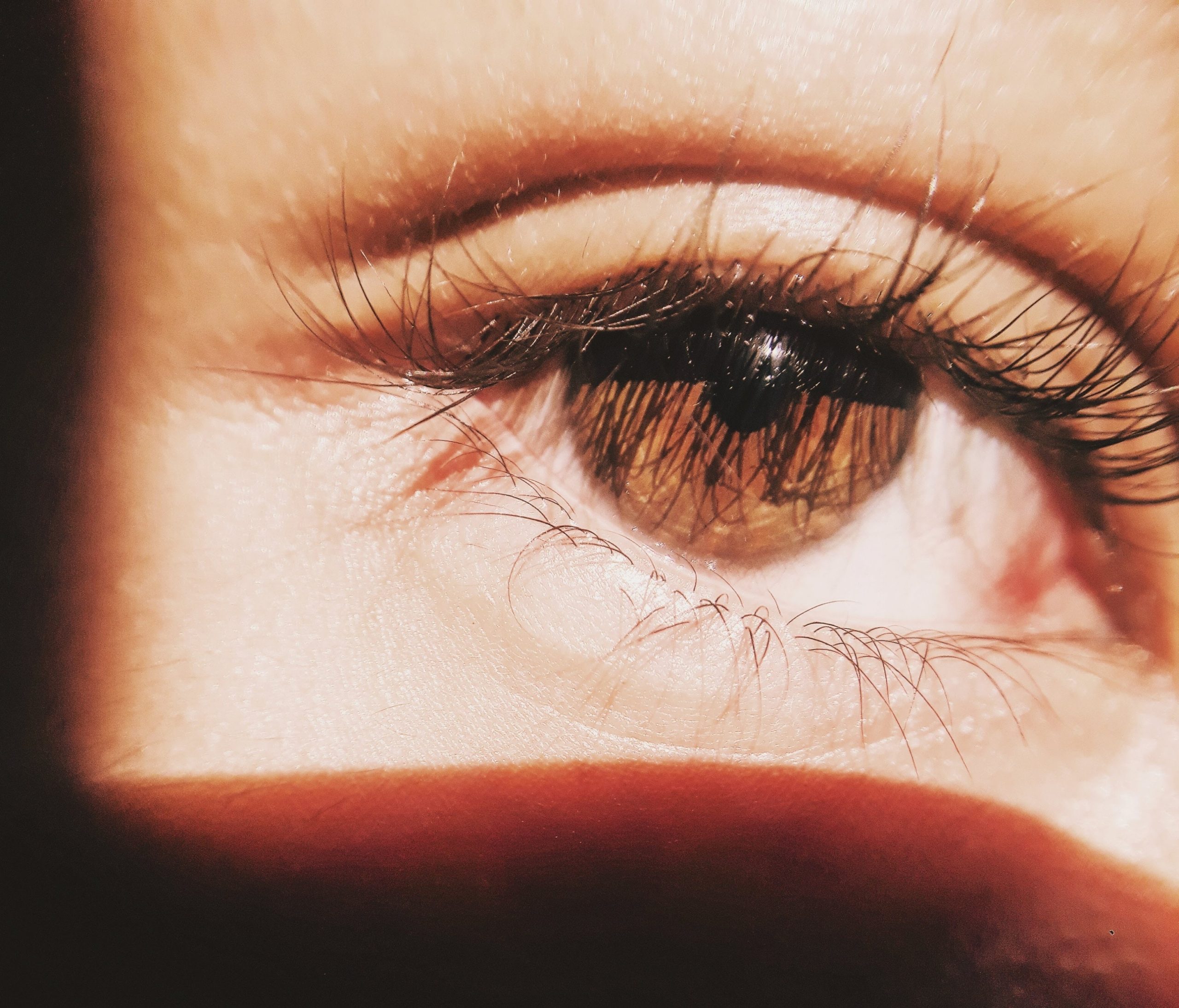
Everything you need to know to properly take care of your contact lenses
Do you wear contact lenses? Perhaps you are thinking about making the switch from glasses to contact lenses? No matter what applies, it is imperative to look after your contact lenses. Doing this is important for your vision and to ensure that you do not end up with any health issues because you do not look after your contact lenses as you should. So, with that in mind, read on to discover some of the steps to follow to look after your contact lenses.
Stick to your replacement schedule
The first thing you need to do is to make sure you stick to your replacement schedule. Contact lenses have been designed for use for specific times. If you have planned replacements, this means you will need to clean, rinse, and disinfect your contact lens every time it is removed. You will then discard your lenses based on the recommended wearing period that you have been given.
Handle your contact lenses with care
When it comes to the correct handling and care of your contact lenses, cleanliness is a critical factor. You need to ensure your hands are clean and that they do not have any foreign substances on them when you are handling your contact lenses. Here are some steps and tips to follow in this regard:
- Make sure to handle your lenses using your fingertips. Be careful to avoid any contact with your fingernails. It is advisable to keep your fingernails smooth and short.
- Do not use soaps that contain oily cosmetics, lotion, or cold cream prior to handling your contact lenses, as these sorts of substances can come into contact with your lenses and interfere with successful wearing.
- Be sure to wash your hands prior to handling your contact lenses. Use a mild soap and rinse completely. Use a lint-free towel to dry your hands before you touch your lenses.
Some other tips to follow when caring for your contact lenses
Not only do you need to make sure you handle your contact lenses with care and follow the replacement schedule outlined, but there are a number of other steps you can take as well. This includes the following:
- Once you have removed your lenses from the case, empty and rinse the storage case for your lenses with the solution that the lens case manufacturer recommends. After this, allow the lens case to air dry. Your lens case should be replaced at frequent intervals as well.
- Make sure that your lenses are always removed, cleaned, rinsed, enzymes, and disinfected in accordance with the schedule and instructions provided to you by your eye care professional. It is imperative to remember that using any cleaning solution or enzyme does not substitute the disinfecting process.
- Never use water from the tap to rinse your lenses. There are two reasons why this is the case. The first reason why you should not do this is that you could end up losing your lenses down the drain. Aside from this, there are a lot of impurities in tap water, and these impurities can damage or contaminate your lenses. This could result in an eye injury or infection, so it is really not worth the risk.
- When you are cleaning your lenses, clean one first, and then rinse it thoroughly with a disinfecting solution or saline solution to get rid of the cleaning solution, as well as any film or mucus from the surface of the lens. After this, follow the instructions on the label for the cleaning solution and put that lens into the right chamber of the lens storage case. You can then follow the same process for the other lens. We always recommend starting with the same lens every time so that you do not get confused.
So there you have it: some of the different steps that you need to follow to look after your contact lenses. We hope that the information that has been provided above will help you to feel more confident when it comes to looking after your contact lenses for optimal vision health. If you have any queries or concerns, please do not hesitate to get in touch with us today for more information. We would be more than happy to help.

